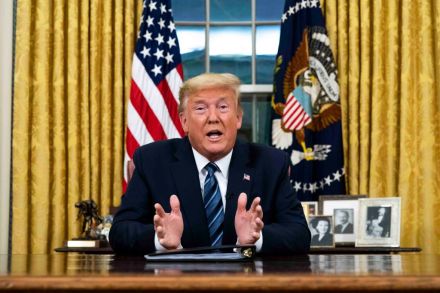Africa’s invisible epidemics
Africa ‘Ah, Africa,’ the French scientist sighed contentedly. This was 1995 and all around us was an Ebola epidemic ravaging Kikwit, a village in what they now call the Democratic Republic of Congo. ‘No lawyers to sue us!’ I had just asked him why doctors in the local hospital ward had shown me Ebola victims, lying in beds next to patients suffering milder diseases. In the Kikwit outbreak, the hemorrhagic fever killed eight out of ten people infected — 245 in all. People became sick after kissing and hugging the bodies of their loved ones at their funerals. Local doctors told me that dysentery routinely claimed more Kikwit children’s




















